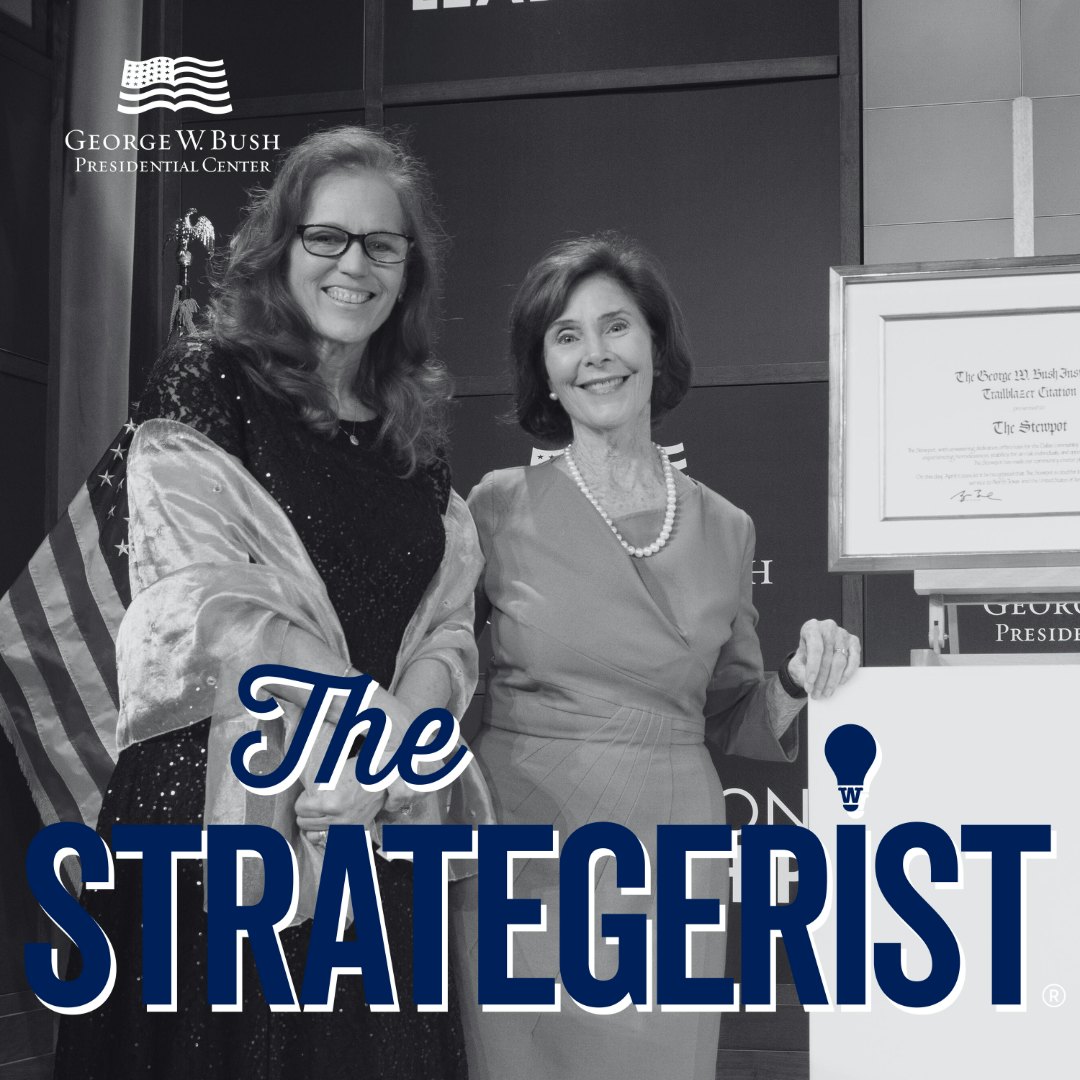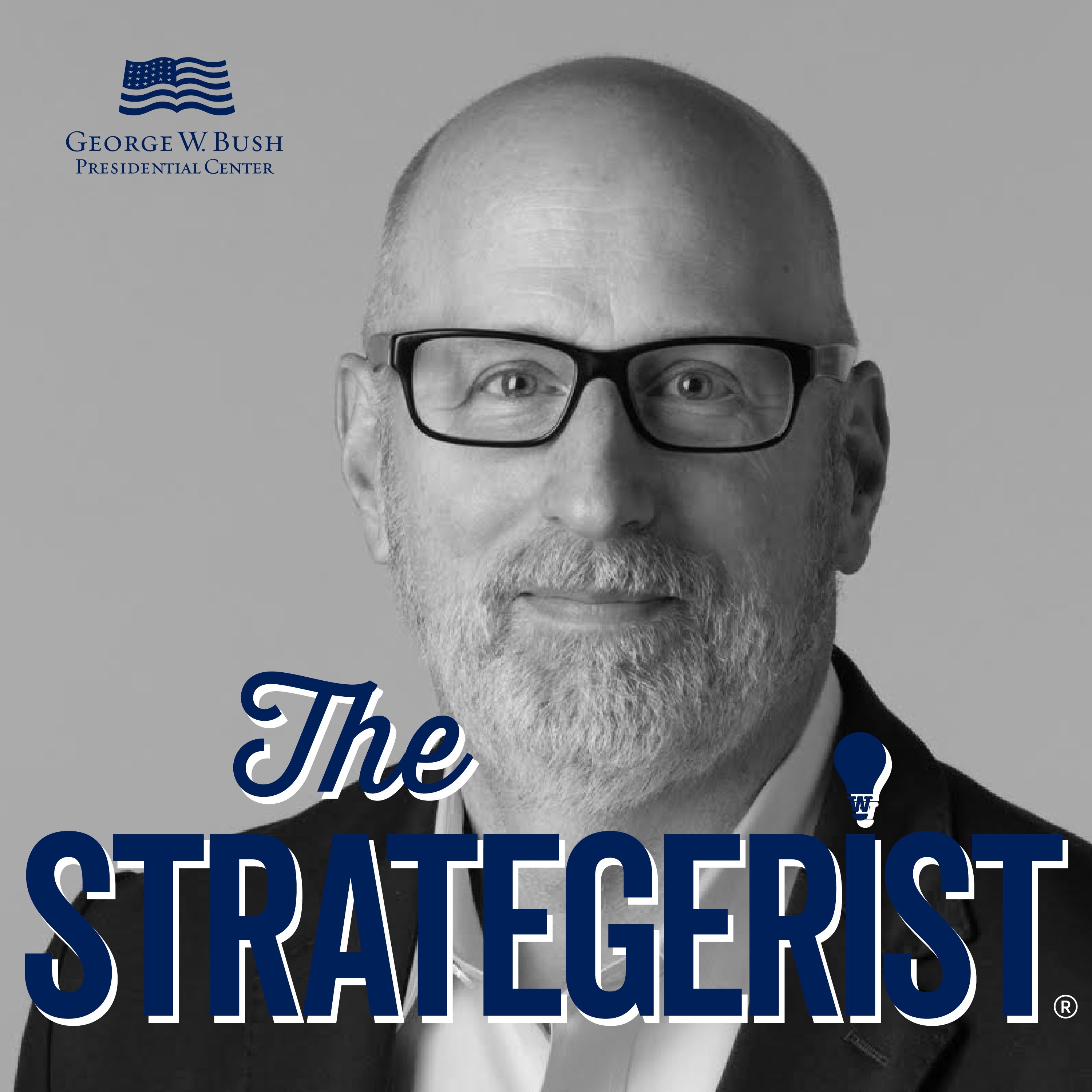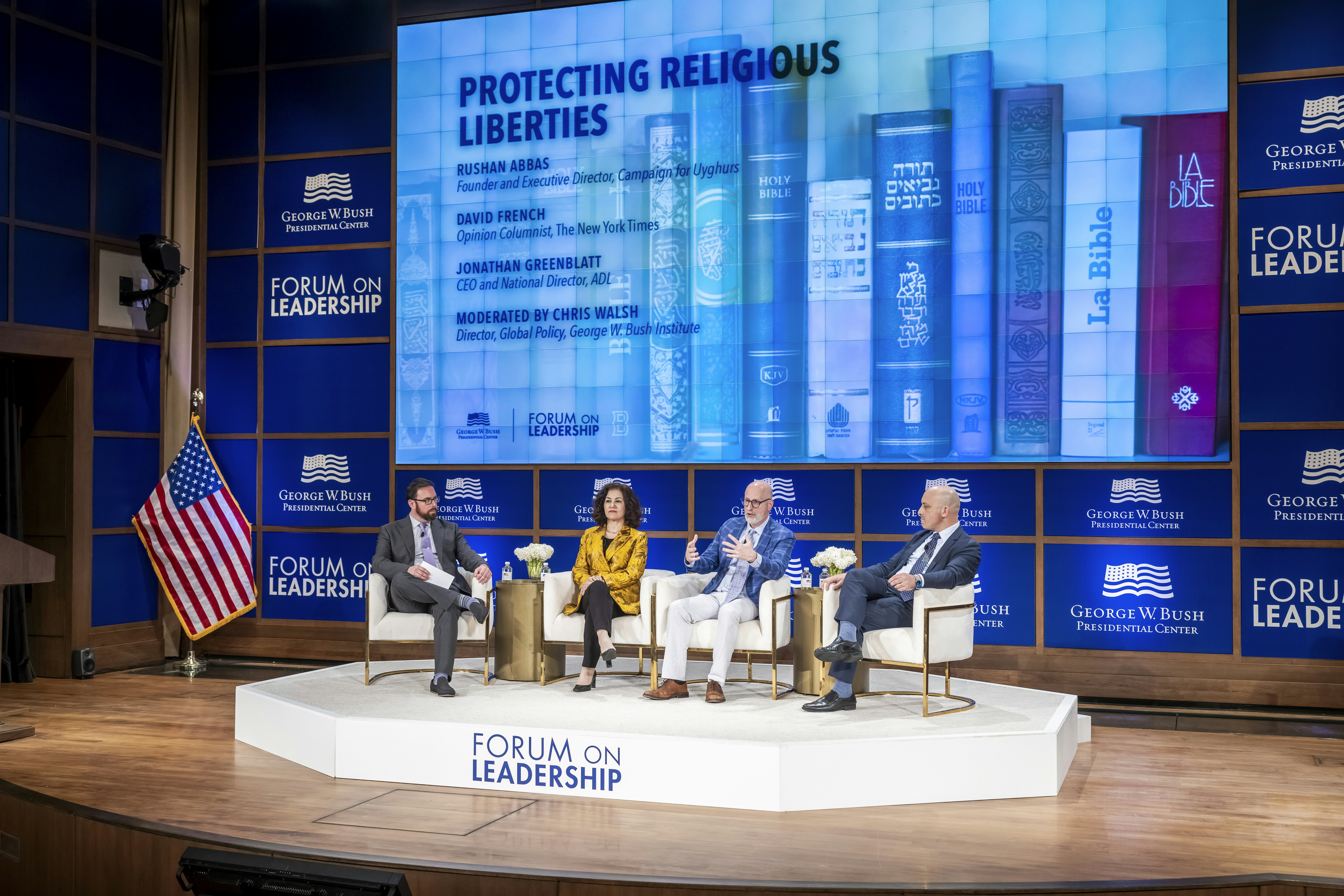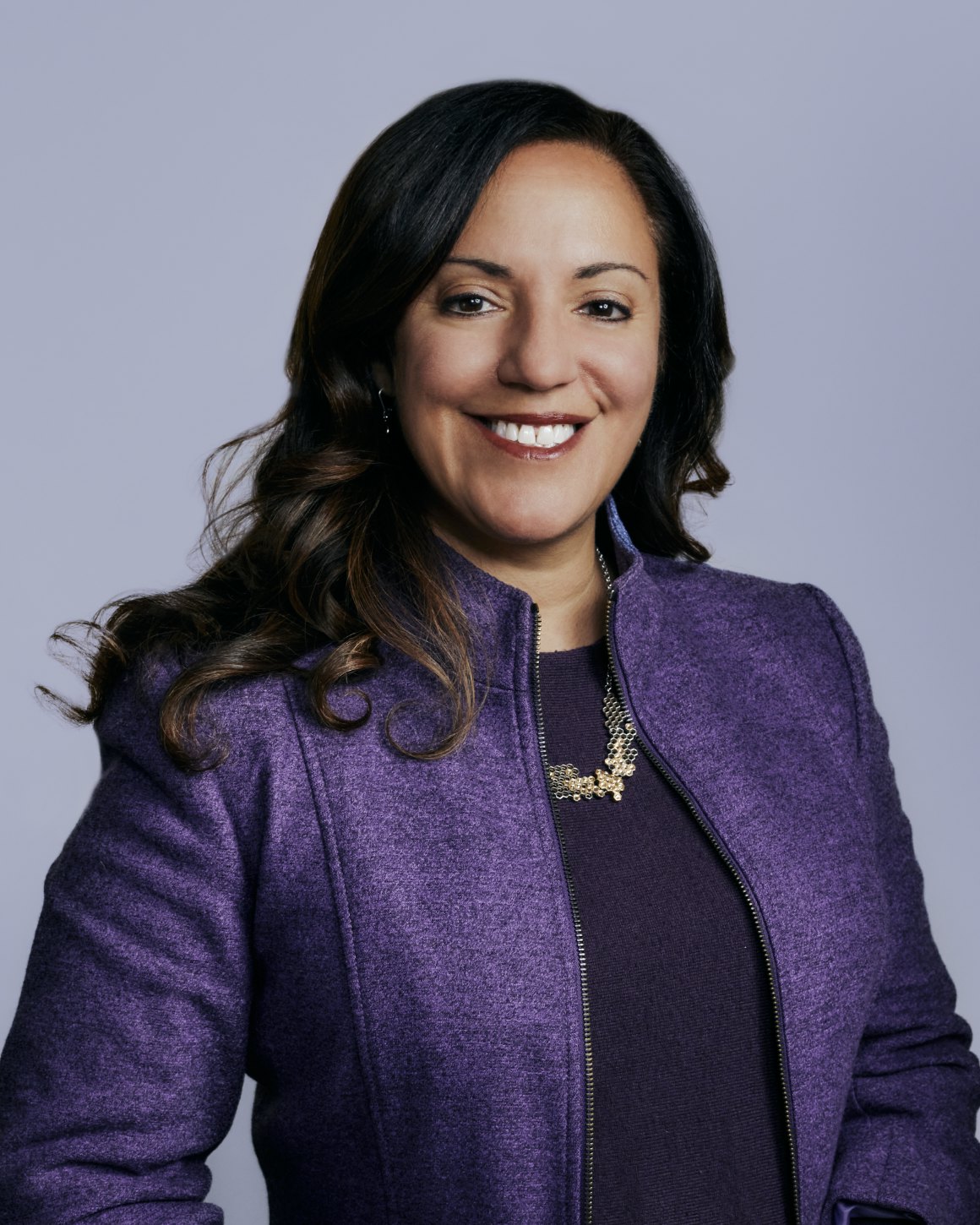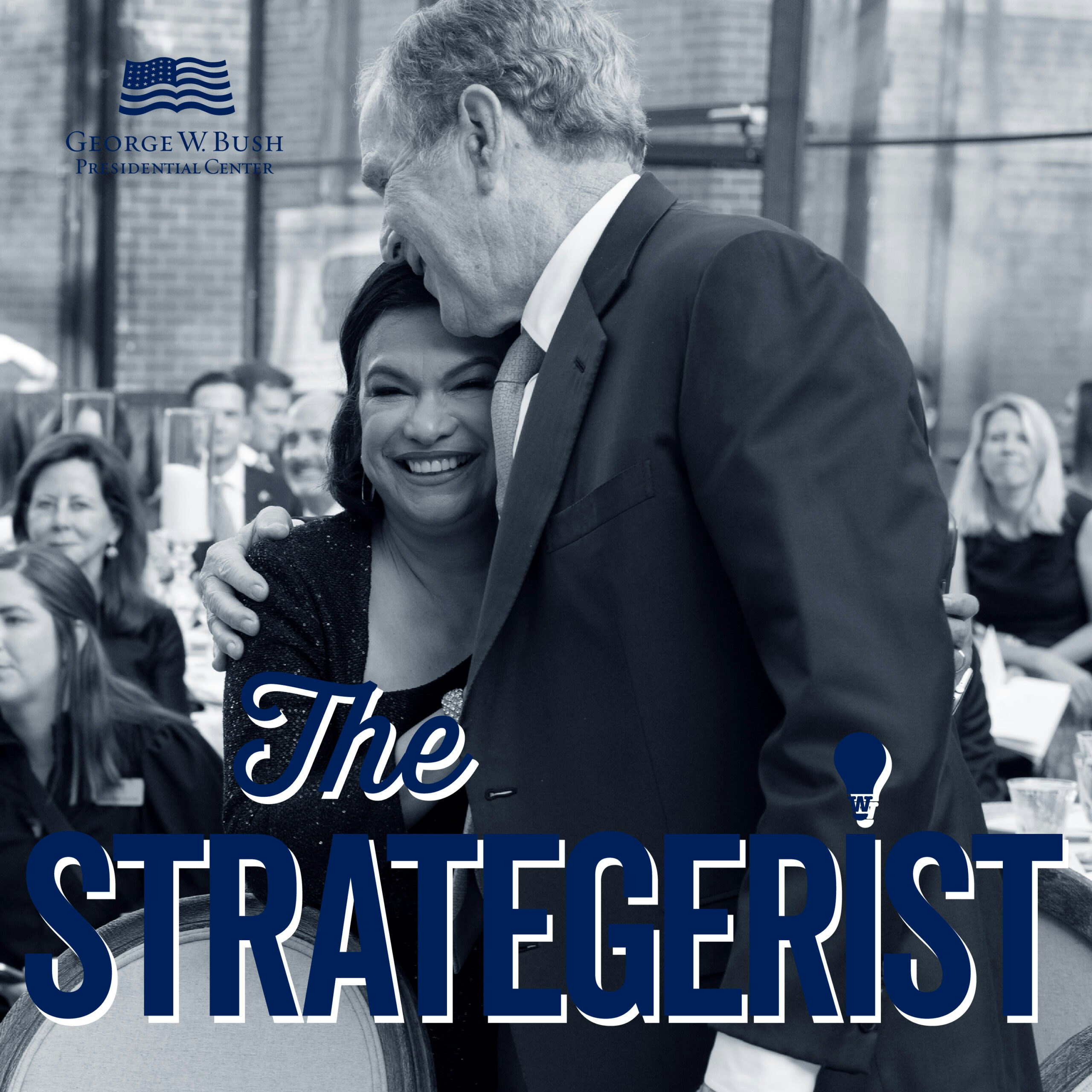Former Secretary of Defense Robert Gates addresses global citizenship. Excerpted from the 2019 Forum on Leadership.
This article is excerpted from the 2019 Forum on Leadership for the April Blue Goose newsletter. Watch all Forum on Leadership session video.
Q: How do you see America’s role in the world?
I am very much an American exceptionalist. I realize that’s old fashioned, but I believe that Lincoln was right when he said that we are Earth’s last best hope. At a time of rising authoritarianism, to borrow from Isaiah, I think it is important that America be a light unto the nations. As the defender of human rights, democracy, liberty, and human dignity, there is nobody else left. It’s just us. If we don’t stand for those ideals, and we’re deeply flawed, but the world has always looked to America for this kind of leadership despite those flaws because we are unique in that we are trying to overcome them and work at them.
On a more practical level, I think the United States is the only significant force in the world for an international, rules-based, order. Where it isn’t dog-eat-dog and every nation out for itself, but trying to figure out how we get along and how we work together to address a variety of problems. If the United States doesn’t lead, there is no one else to lead. If you look at other democracies, some of them – like our best friends the British – are in even more trouble than we are. So I think that we have a unique role in the world, and as the President (Bush 43) said, it’s in our own interest to play that role in the world. The notion that we can seal ourselves off from this responsibility I think is very naive. Who would’ve thought that the assassination of some Austrian archduke in 1914 would have an effect on us? Or the German seizure of a little piece of land from Czechoslovakia in 1938, or a bunch of rag-tag terrorists living in Afghanistan in 2001. So the notion that we can ignore the rest of the world and just do our own thing is kind of ignorant.
Q: Based on your time as secretary of defense, what is your view of the negotiations with the Taliban that are ongoing?
I think Zal (Khalilzad) is a very good negotiator and ambassador. He knows the Afghans well and he is an Afghan himself, which is why they worry that he wants to run for president. How anyone thinks that is a career-enhancing move, I’m not quite sure. But I think that the key here is really sequencing. I don’t have any issues with trying to sort out the main issues between the U.S. and the Taliban as the first step, but like any part of a negotiated outcome, the Afghan government is going to have to be a part of the process. If we can get some basic issues sorted out between the U.S. and the Taliban and then bring the Afghan government into those conversations, because at the end of the day, we can’t walk away from those people. They have to be part of the solution. We can’t just do this over their heads and pretend that it’s going to have any sort of good impact long term.
Q: Who is Vladimir Putin and what are his goals and objectives?
To understand where Putin is coming from you have to go back to the collapse of the Soviet Union. We in the west greatly underestimated the magnitude of the humiliation. It wasn’t just the collapse of the Soviet Union in 1991, it was the collapse of a four-century old Russian empire. Russia’s borders today – wrap your head around this – are what they were before Catherine the Great became Empress in the 18th century. Moscow used to rule 300 million people, now it’s 140 million and declining. Then you had, during the ‘90s, a period of extraordinary destitution and chaos, disorder, criminal activity, murders in the streets, gangs killing each other, businessmen killing each other and so on. This first of all fed the need, which is frankly part of the Russian culture, for a strong leader to restore order, to restore the economy and so on. That’s the backdrop against which Putin became President. I think he, from the very beginning, has had two basic goals. The first is to restore Russia to the Soviet Union’s place as a great power and a power that has to be taken into account in dealing with any problems around the world. I think their involvement in Syria, Venezuela and Africa is all basically a reassertion, “we’re back, don’t mess with us and you’ve got to take us into account.”
The second is a strategy as old as the Russian Empire and that is to create a buffer of either client states or frozen conflicts on their periphery. We saw that in Georgia, Ukraine, Moldova, Transnistria and frankly, I think that if the Baltic states were not members of NATO we would be seeing, as the President suggested with Lithuania, we’d be seeing it in the Baltic states today. Since the election of 2012, in which he believed that the U.S. intervened against him when he was re-elected President, he regards anything that we were doing in terms of promotion of democracy, of civil society and so, which began really during the Bush administration, as interference in their internal affairs. I think this newest piece is basically retaliation and determination to weaken the west in every way possible through fomenting internal divisions – not just in the United States, but in Europe as well. We’ve seen it in Germany, France, and Italy. They were involved I think originally in the Brexit vote. To the President’s point about the Soviet playbook, the problem today is that technologies that are available through social media, the internet, cyber and so on are dramatically more effective than the tools that were available to the CIA and the KGB back in the Cold War. Putin is using all of these against us to try and create and foment divisions among us, to interfere with the outcome of our elections and so on, I think we’re going to be dealing with him for a very long time. His current term is not up until 2024. I think he will find a way to become, like President Xi, president for life.
Q: Talk about the issue of enforcing our borders and protecting our homeland. What’s the proper role of the military in this issue?
First of all, when I became secretary we had several thousand National Guard troops along the border. I actually was kind of cynical about it and had these discussions with President Bush. The troops were there by request of the governors and the reason they wanted the federal government involved was frankly because then we pay for those troops being on the border, rather than the governors having to find the money to pay for them.
I think that the military can provide short-term assistance where there are civilian shortfalls, whether it’s in reconnaissance or logistics or things like that, but it should be considered short-term. It is not the mission of the military to be on the borders and to guard our borders. That’s why we have the Customs and Border Patrol. Where the military is filling a role, we ought to be strengthening the civilian agencies that are responsible for this long-term. I think if the military is needed, they have to play that limited role. They can’t do law enforcement. They can’t arrest people and in most cases, they don’t even carry weapons. So this is really about providing some kinds of support to fulfill short-term civilian deficiencies and capabilities. It takes them away from their training. It takes them away from getting ready for the missions that they’re actually supposed to be prepared to fight. I see it as a short-term fix, not as a long-term role. That’s just not what the American military is supposed to do.
Q: What’s the right balance for dealing with China?
The creator of Chinese reform, Deng Xiaoping, had an expression, “Hide your capabilities, bide your time.” It was basically to lie low while you’re getting stronger. The second pillar of his approach was to prevent the rise of another Mao (Zedong) ever again. The structures that he created, such as term limits for the President, age limits for the members of the standing Politburo and others, were intended to prevent that from happening. It was sustained up until Xi came along.
In the first case, what Xi has done is show that they have an alternative model of governance and of the way countries ought to be organized. “Our authoritarian state capitalism is the way to go. You see all these democracies are all paralyzed and can’t get anything done, but look at us.” So he goes out and brags about what they’re going to do and technologies in 2025 and China 2050 and asserting China’s military role in the South China Sea and things like that. Those things have frankly alarmed almost everybody.
The second piece of it was getting rid of all those limits that Deng inserted in terms of leadership making himself President for life. This basically destroys the notion of collective leadership and frankly means that he is totally responsible for everything that happens, in addition to having all of the authority. The problem with that is that there is nobody that is going to come up to him and tell him that he is going down the wrong path and making a mistake. When a leader doesn’t have anyone whispering in his ear telling him he’s making a mistake, or this is the wrong thing to do… (it doesn’t usually work). This was one of the safeguards of the collective leadership approach to decision making. It didn’t stop the reform from going on, but it did make sure that things were held in check. if you will.
I think what has changed since we were in government is that you now have the business community in this country, as well as other countries, all increasingly concerned about China’s approach and frankly a new attitude toward China after 40 years. The key for us and for our leadership is figuring out, I think we have a long-term competition with China ahead of us. In many respects, it will resemble the Cold War. We have to make sure to try and channel it into competition and avoid becoming adversaries, with the risk of military confrontation. That’s going to take some pretty adroit leadership both in Beijing and in Washington.
Bonus Question: Can you give a quick reaction to the arrest of Julian Assange?
Two words: About time.










